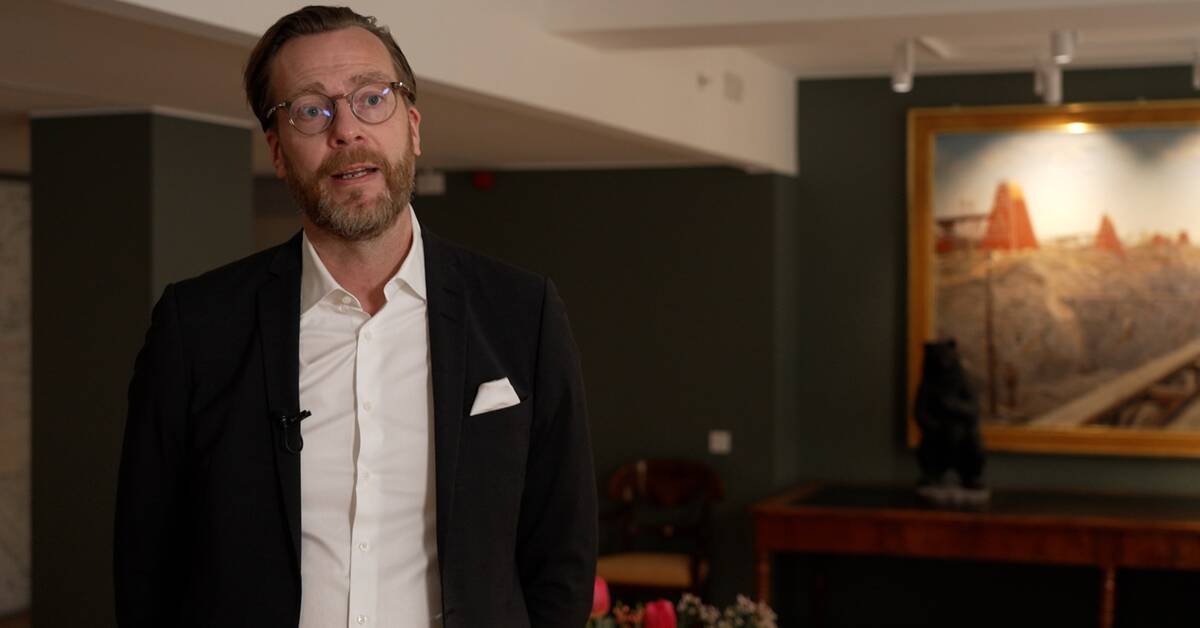The last time Russia stopped its foreign payments was when the Bolsheviks refused to pay on Russia's large foreign debt shortly after the 1917 revolution, citing the tsar's debts.
The consequences were great for both Russia and the Western world, and Russia was economically isolated for a long time.
The next time was in 1998, a Russian financial and currency crisis made it difficult for the government to pay off domestic debts.
Now it may be time again.
On Wednesday, the Russian state will have to pay interest on dollar loans, a payment that will be difficult to implement.
Putin wants to pay in rubles
The amount of debt does not seem to be that large - but Russia's total debt in foreign currency borrowed by the Russian state and a number of large Russian companies amounts to the equivalent of SEK 1,500 billion.
The Russian government under Vladimir Putin has so far said it will pay - albeit in the Russian currency rubles.
Someone who would technically be possible in some of the loans but not for Wednesday's dollar loan.
Despite the fact that Russia normally has 30 days to pay, many players in the financial market believe that it is highly likely that the country will suspend its payments.
This means that many of those who have lent money to Russia and Russian companies will incur large credit losses.
"No new financial crisis"
According to Jonas Thulin, however, the effects outside Russia will be relatively limited.
It is not a new financial crisis we see, he believes and points to the so-called contracts that the market trades with to price risk and concern.
The price of them indicates that the market today is not as stressed as it was in connection with the Lehman Brotherhood bankruptcy in 2008, which ushered in the financial crisis.
- In the longer term, it will not have such a big impact internationally.
But for those who live in Russia, it is of course devastating, says Jonas Thulin.
The Russian government under Vladimir Putin has so far said it will pay - albeit in the Russian currency rubles.
Photo: AP / TT

